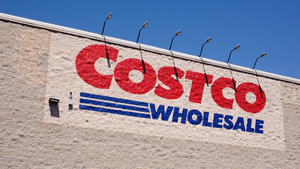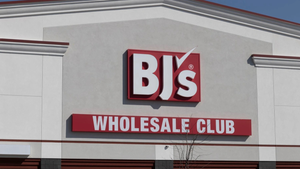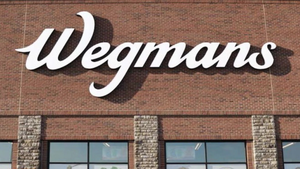Walmart continues to be ripe with ideas for produceWalmart continues to be ripe with ideas for produce
Retailer has another pilot project aimed at keeping produce fresh longer

Walmart is attempting to keep fresh produce at its prime for a longer period.
The retail giant is collaborating with the agritech startup GreenPod Labs, based in Chennai, India, on a pilot program that aims to combat food waste and enable produce to be shipped from distant farms or orchards to stores in the U.S., as detailed by Kyle Carlyle, Vice President of Sourcing and Surety of Supply for Walmart, in a blog post on Monday.
GreenPod Labs is creating small sachets filled with plant extracts that activate the natural defense mechanisms of fruits and vegetables. This process slows the rate of microbe growth and keeps fruit fresh for a longer period.
The sachets are being provided from India and will be applied to mangoes in Peru before they are shipped to the U.S.
Once the mangoes arrive, Walmart will partner with the University of California, Davis, to evaluate the efficacy in various environments.
This isn't Walmart's first attempt at innovation with produce. In mid-2024, the retailer announced a partnership with Agritask, a crop supply intelligence company, on a pilot program aimed at finding a technological solution to enable sourcing managers to make better-informed decisions about seasonal fruit crop yields.
The initiative, in collaboration with Walmart Global Tech’s Sparkubate program, seeks to secure a steady supply, reduce food waste, and ensure fresh produce.
The pilot will deploy remote-sensing and data analytics tools in various regions in the U.S. and Mexico to provide real-time, hyperlocal insights on seasonal blackberry and cherry crops from Walmart suppliers.
Through real-time monitoring, the collaboration will enable a rapid response to adverse environmental conditions to better manage supply and enhance overall produce quality.
Food waste has also been a key focus of Walmart’s agenda. The retailer is working with Denali, a specialty waste and environmental services company, for depackaging services that aim to improve the food waste recycling process at more than 1,000 Walmart and Sam’s Club locations.
The technology aims to drive operational efficiencies for Walmart associates. Based on testing, it has increased the volume of potentially reusable organic content recovered from participating Walmart and Sam’s Club locations by more than 60%, while reducing compactor trash by 12%.
The depackaging technology separates food from its packaging materials, like plastic and cardboard, creating a cleaner system of organic material that can be converted into animal feed, compost, or energy using anaerobic digesters.
The depackaging services help avoid the labor-intensive process of manually separating food from its packaging.
Read more about:
WalmartAbout the Author
You May Also Like






